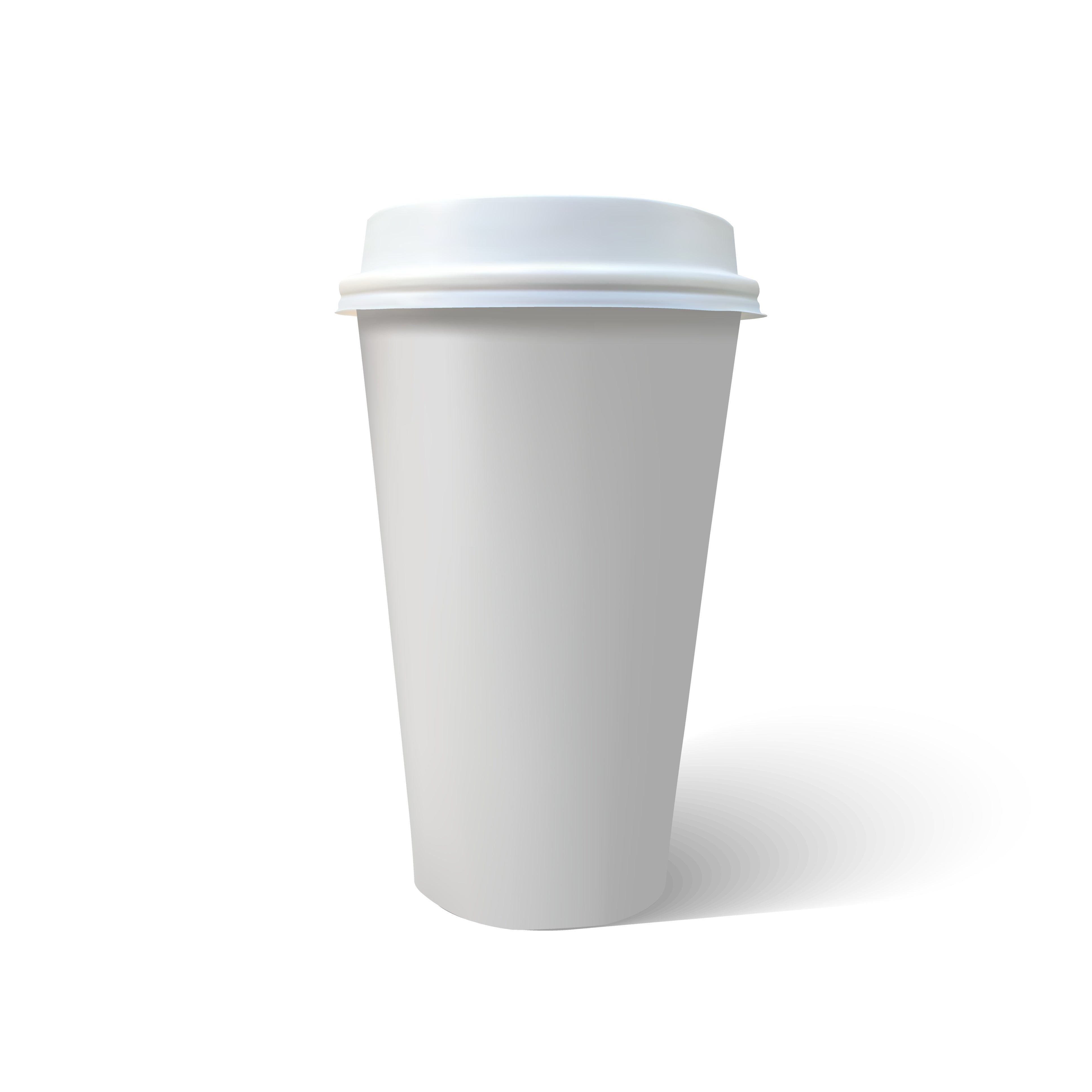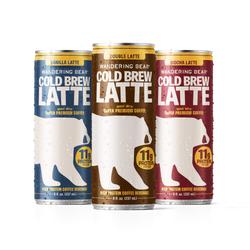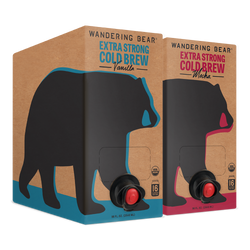Caffeine 101: What It Is & How It Works

“Don’t talk to me before I’ve had my coffee.” Sound familiar?
Often, we simply mean: I’m not done with hibernation until I’ve had caffeine.
But what is this mood-boosting substance, and why does it have the effects it does? Why does it feel like the day is dragging before we’ve had our caffeine fix? Here’s what you should know about caffeine and how it works.
WHAT IS CAFFEINE, EXACTLY?
In its pure form, caffeine is a bitter, crystalline substance. In moderation, it’s a relatively mild stimulant, which is a fancy word for “pick-me-up.”
Given all the species of plants all over the world, it’s exceedingly rare. Only about 30 species—teas, yerba mate, and certain Amazonian berries—have naturally occurring caffeine.
But we’re probably most aware of caffeine thanks to its abundance in coffee beans: on average, we drink about 2.7 cups of coffee per day. Despite how rare caffeine is among plants, it’s one of the most common ingredients in the human diet.
HOW CAFFEINE WORKS
You already know you like caffeine. We’re right there with you. When you consume caffeine, you’ll experience a boost in energy. But what’s happening in the body to create that pep in your step?
The pick-me-up comes from two things. All at the same time, it makes you feel more awake and less sleepy. And there is a difference.
How does it make you feel more awake? By stimulating the central nervous system, it makes you feel more alert and ready to tackle the day.
Caffeine also blocks receptors of adenosine, a substance that builds up in our body throughout the day. As adenosine builds up, it gives us the urge to fall asleep. Caffeine blocks this effect. That may explain why it may be difficult to fall asleep after a 10 p.m. cup of java.
But if you enjoy your caffeine the right way, it can be a perfect kick-start on those mornings you need to be alert.
THE EFFECTS OF CAFFEINE
Twenty minutes after consuming it, caffeine will start to hit the bloodstream. It will peak at full effectiveness after about one hour.
In that time, caffeine can do quite a lot. In addition to the mood and energy-boosting effects above, it can:
- Improve your alertness and even short-term memory recall, according to one study.
- Increase your metabolic rate in the short-term, which may provide some additional fat-burning properties.
- May help you tolerate fatigue, which is why some people turn to it as an energy booster when they need it the most.
Additionally, coffee by itself may have health benefits with or without caffeine. For instance, some people have noticed liver benefits, lower rates of diabetes, and even a potentially reduced risk of heart disease.
DO YOU NEED A PICK-ME-UP?
In moderation, caffeine can offer a relatively safe, effective boost of energy and alertness, especially when you need it most. And it doesn’t hurt to get it from beverages made from naturally occurring foods and materials, especially high-quality coffee beans.W. Bear






